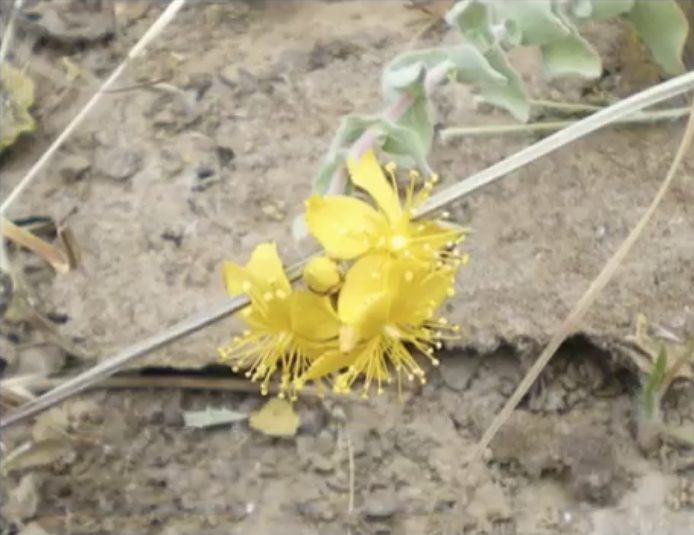A plant native to the area of Sardinia in Italy could be fundamental in the fight against HIV and AIDS.
The discovery was made by a group of researchers from the Virology and Botany department of Life Sciences in the University of Cagliari, which is the capital of the Sardinia region.
The team of researchers spend much of their work uncovering the natural habitat and plant life in the local area. As part of this research they discovered that the plant ‘Hypericum Scruglii’ is related to the class of prenylated phloroglucinol, which has been shown to inhibit two key enzymes of HIV-1 at very low concentrations and therefore its replication in cell-based lab studies.
In other words, the identified molecule blocks the enzymes that allow the virus to replicate.

The plant species is an endemic and exclusive to the highlands of central-eastern Sardinia, with rather narrow areas of localization, in particular the Tacchi dell’Ogliastra and the area around Laconi.
The work was coordinated by Francesca Esposito, virologist, and Cinzia Sanna, botanist, both researchers at the University of Cagliari and is the result of extensive collaboration with other researchers from Cagliari, the Universities of Campania and Insubria and Max Planck Institute for Chemical Ecology of Jena (Germany).

The aim of the study is to reduce the number of drugs that a patient who is HIV-positive must take, and therefore should lay the foundation for a subsequent development of antiviral drugs.
“The peculiarity of our study – explains Francesca Esposito – is the multi-target approach, which makes it extremely promising, like other lines of research on which we are working in the antiviral field”. Cinzia Sanna emphasizes that “it is not a toxic plant, but rather already used in folk medicine. The oil obtained from another species of Hypericum is used to soothe burns “.
© 2018 GCN (Gay Community News). All rights reserved.
